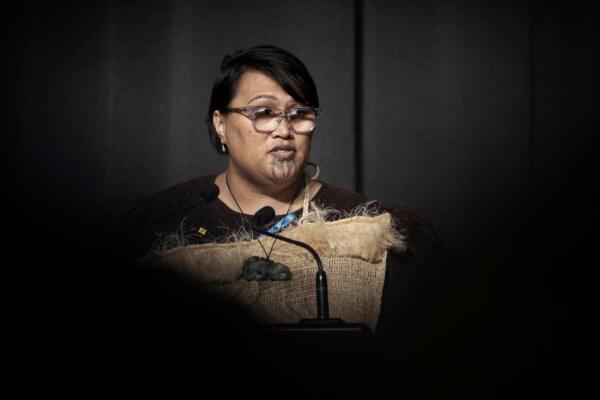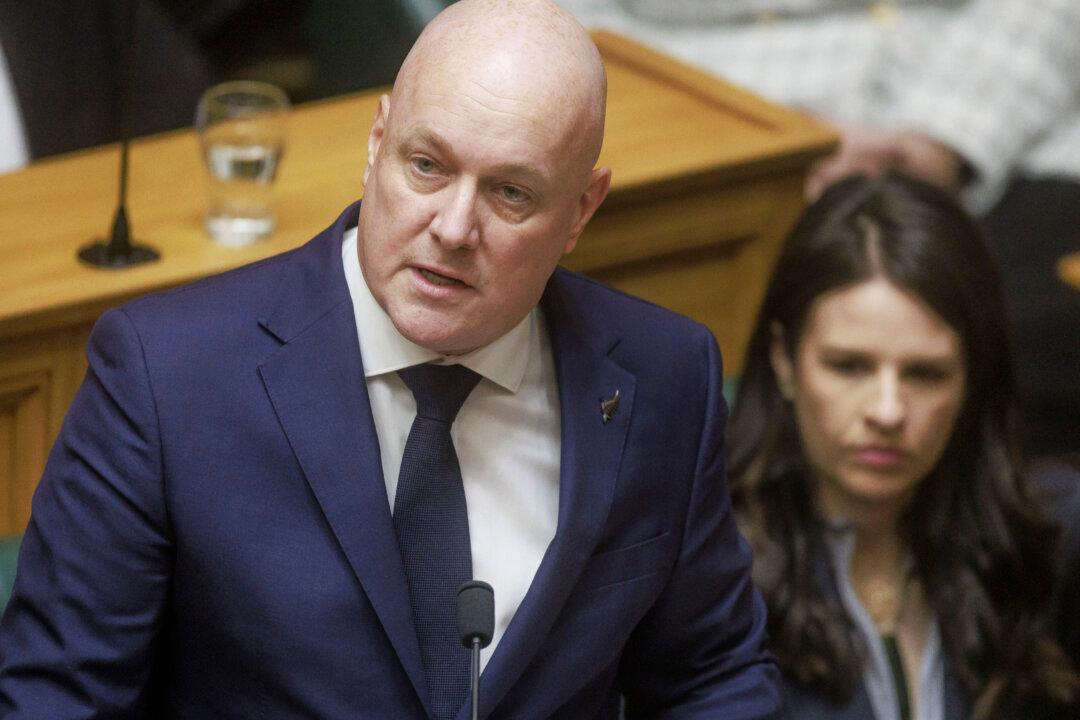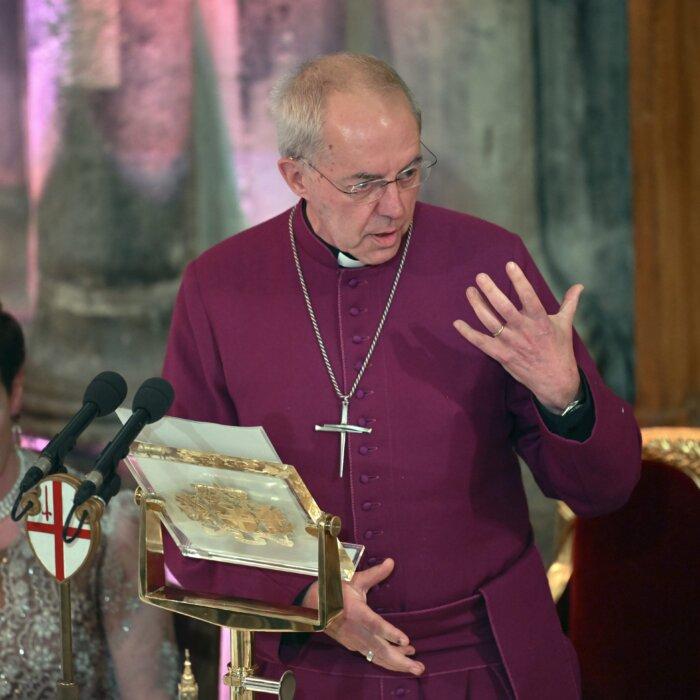New Zealand’s Prime Minister Christopher Luxon has given a “formal and unreserved” apology to thousands of people who were abused in state and church care homes over seven decades.
An estimated 200,000 children and vulnerable adults suffered some form of abuse between 1950 and 2019.
The report was formally known as Whanaketia, a Maori word that translates to “through pain and trauma, from darkness to light.”
The report, which followed a six-year inquiry, said the abuse was a “national disgrace,” and pointed out that a third of the 650,000 children and vulnerable adults in state, foster, and church care between 1950 and 2019 had suffered physical, sexual, verbal or psychological abuse. Many others were neglected or exploited in some way.
The inquiry heard the abuse included rape, forcible sterilization and the administering of electric shock treatment.
Luxon, who was speaking with survivors packing the parliamentary public gallery, said the abuse was “unimaginable” and added, “For many of you it changed the course of your life, and for that, the government must take responsibility.”
“Words do matter and I say these words with sincerity: I have read your stories, and I believe you,” he added.
Luxon said, “Today I am apologising on behalf of the government to everyone who suffered abuse, harm and neglect while in care. I make this apology to all survivors on behalf of my own and previous governments.”
He said the government had completed or started work on 28 of the 138 recommendations from the inquiry, and would provide a full response early in 2025.
But Tu Chapman, a survivor who advised the inquiry, responded: “I think it was a hollow and limited apology. It feels like they’re just giving consideration to things they can continue tinkering around with. Stop tinkering around and just get on with it.”
‘Utter Destruction Of Lives’
Chapman said: “We continue living with the decimation of our identities, the raping and pillaging of our cultures through incompetent decision-making and the intentional moves to invalidate our experiences. The clear and utter destruction of lives cannot be downplayed, nor can it be swept under the carpet, as the state, churches and faith-based organizations have done for decades.”New Zealand’s parliament gave a first reading on Tuesday to a new bill which would include a range of measures to improve safety in state care.
Luxon said he believed the final bill for compensation to the survivors could run into billions of dollars.
The Whanaketia report also called on the Pope and the Archbishop of Canterbury Justin Welby, as heads of the Catholic and Anglican churches respectively, to apologize for the abuse suffered in faith-based care homes.

One of the Whanaketia report’s recommendations was to make it mandatory for priests who hear admissions or allegations of abuse during religious confession to report them to the police.
Jazmine Te Hiwi, a survivor of abuse, said: “What gets me is that we have people in high places who still look down on us, they don’t have any real understanding of why we are like this. There’s a reason why some of our youth are doing crimes. I see myself in that. We were just innocent kids that were taken advantage of.”







